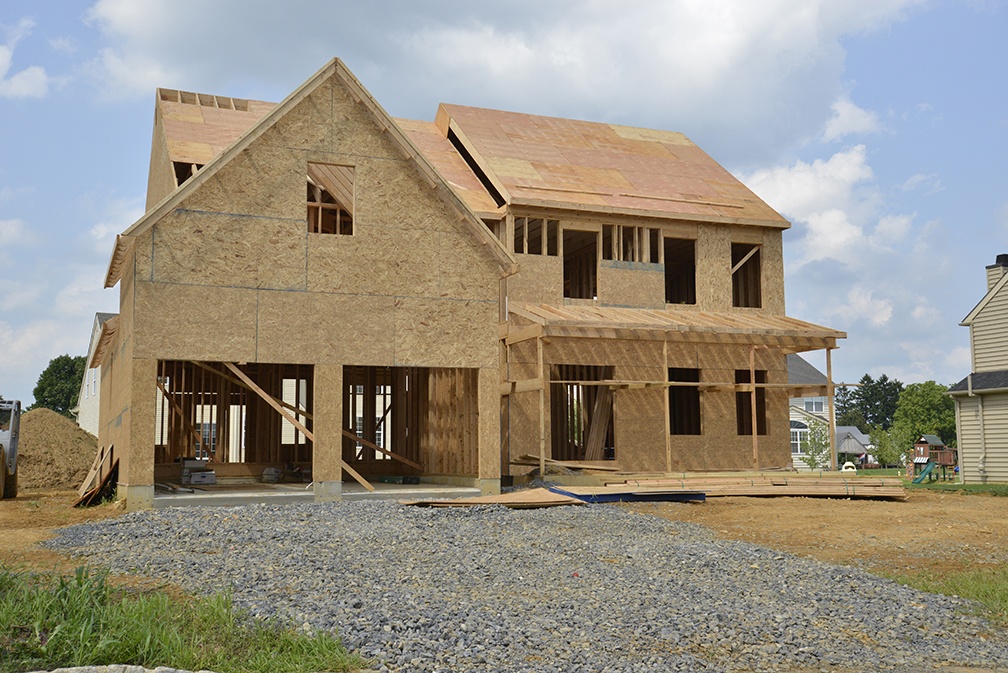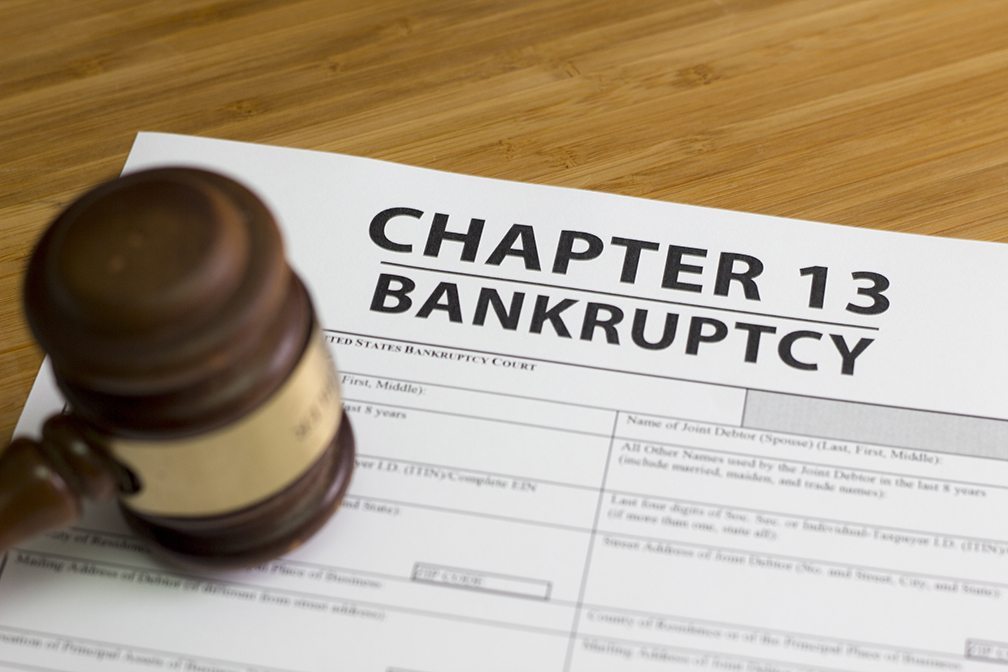 Are you planning on using a mortgage to help cover the cost of a new home? If so, you will want to prepare your finances and figure out how you will manage all those wallet-draining monthly expenses. Let’s take a look at how to run a quick financial health check to ensure you are ready to apply for a mortgage.
Are you planning on using a mortgage to help cover the cost of a new home? If so, you will want to prepare your finances and figure out how you will manage all those wallet-draining monthly expenses. Let’s take a look at how to run a quick financial health check to ensure you are ready to apply for a mortgage.
Update (Or Start) Your Monthly Budget
First, it is essential to get the basics out of the way. If you haven’t already, it’s time to start a monthly budget to keep track of your income and expenses. Once you have a mortgage, it will be important to prioritize your monthly payments so that you don’t end up falling behind.
Starting a budget is easy and can be done with mobile apps, software, a spreadsheet or a pen and paper. List all sources of income so that you know exactly how much cash you are working with. Then, list out every one of your expenses. It can be tough to remember them all, so consider using debit and credit card statements from the past few months as a reminder.
Get A Copy Of Your Credit Report
Next, you will want to get a copy of your credit report so you can see what potential mortgage lenders will see when assessing your financial history. This is a free service that you can request once per year, so be sure to take advantage. Note that you will want to use government-approved websites for requesting your credit report. Be wary of scams.
Do You Have A Down Payment?
A down payment is not required for every home purchase, but having one saved up can make the buying process easier. The amount you will want to have saved up will depend on the cost of your home, whether you plan on carrying private mortgage insurance and a variety of other factors. If possible, try to save up an amount close to (or more than) twenty percent of the home’s purchase price.
Ready? Chat With A Professional
Now that you have run a quick financial health check, it is time to meet with a real estate professional. Contact us today.
 Have you been hunting for a new house without finding one that suits your needs? If so, one option that you may want to consider is building a new construction home on a choice piece of land. In today’s blog post we will explore a few different mortgage options for those who are looking to build a brand-new home.
Have you been hunting for a new house without finding one that suits your needs? If so, one option that you may want to consider is building a new construction home on a choice piece of land. In today’s blog post we will explore a few different mortgage options for those who are looking to build a brand-new home. If you are in the market for a new home, one of the considerations you will need to make is how much to invest in your down payment. Let’s take a quick look at some of the pros and cons of making a large down payment when buying your next home.
If you are in the market for a new home, one of the considerations you will need to make is how much to invest in your down payment. Let’s take a quick look at some of the pros and cons of making a large down payment when buying your next home. Are you growing tired of paying rent each month and not building your net worth? Being stuck in the ‘rental trap’ isn’t much fun, but if you are determined, you can break out. Let’s explore some of the steps that you can take to make 2018 the year that you become a homeowner.
Are you growing tired of paying rent each month and not building your net worth? Being stuck in the ‘rental trap’ isn’t much fun, but if you are determined, you can break out. Let’s explore some of the steps that you can take to make 2018 the year that you become a homeowner. Did you recently graduate from college or university? If so, you may still be dealing with a financial hangover in the form of student loan debt. The vast majority of today’s students have to borrow to invest in their education, which can affect financial plans once school is finished. In today’s post, we will explore buying a home with a mortgage when still dealing with outstanding student loan debt.
Did you recently graduate from college or university? If so, you may still be dealing with a financial hangover in the form of student loan debt. The vast majority of today’s students have to borrow to invest in their education, which can affect financial plans once school is finished. In today’s post, we will explore buying a home with a mortgage when still dealing with outstanding student loan debt. Are you starting to tire of paying your monthly rent to someone and never building any equity? Renting forever can be a significant pain, especially as you’re contributing to someone else’s financial well-being. The good news is that there are affordable real estate options out there for those investing in their first home. Below we will share a few excellent reasons why an apartment or condo might be the best choice for a first-time home buyer.
Are you starting to tire of paying your monthly rent to someone and never building any equity? Renting forever can be a significant pain, especially as you’re contributing to someone else’s financial well-being. The good news is that there are affordable real estate options out there for those investing in their first home. Below we will share a few excellent reasons why an apartment or condo might be the best choice for a first-time home buyer. Have you decided that it is time to move on from renting? If you are single and living alone, you may be wondering whether or not homeownership is right for you. Let’s have a look at a few key factors that you will need to be aware of when taking out a mortgage as a single person.
Have you decided that it is time to move on from renting? If you are single and living alone, you may be wondering whether or not homeownership is right for you. Let’s have a look at a few key factors that you will need to be aware of when taking out a mortgage as a single person. In the market for a new home in 2018? With the new year just a few short weeks away, that leaves you with precious little time to get your finances in order. Let’s explore a few tips that will help you get a jump on improving your credit score before the end of the year.
In the market for a new home in 2018? With the new year just a few short weeks away, that leaves you with precious little time to get your finances in order. Let’s explore a few tips that will help you get a jump on improving your credit score before the end of the year. While it is sometimes the best option to get your finances repaired, the bankruptcy and following discharge period can be tough. However, while it may delay things for a couple of years, the good news is that even a bankruptcy won’t stop you from borrowing a mortgage to buy a home. In today’s article, we will share some insight into how you can get a mortgage loan after going through bankruptcy.
While it is sometimes the best option to get your finances repaired, the bankruptcy and following discharge period can be tough. However, while it may delay things for a couple of years, the good news is that even a bankruptcy won’t stop you from borrowing a mortgage to buy a home. In today’s article, we will share some insight into how you can get a mortgage loan after going through bankruptcy. As with any loan or line of credit, there are benefits to getting your mortgage paid down. You’ll pay less in interest, potentially saving thousands over the repayment period. Moreover, you’ll own your home outright that much quicker.
As with any loan or line of credit, there are benefits to getting your mortgage paid down. You’ll pay less in interest, potentially saving thousands over the repayment period. Moreover, you’ll own your home outright that much quicker.